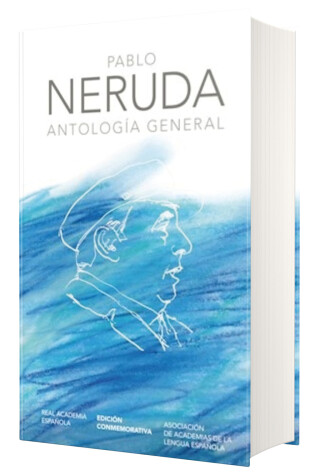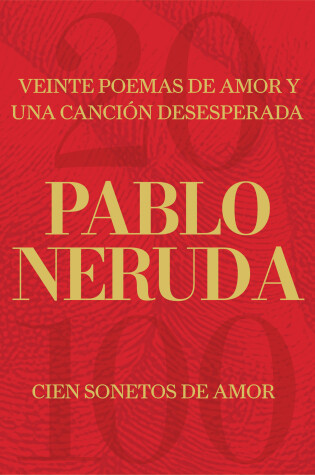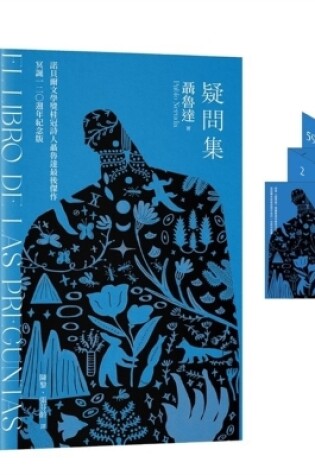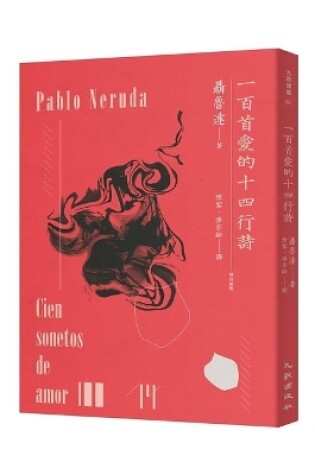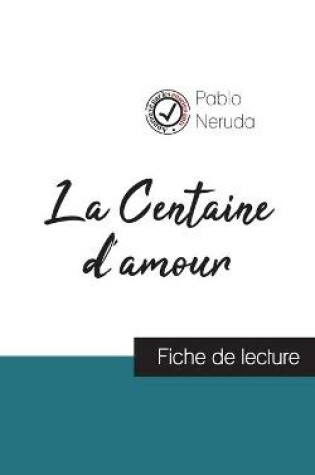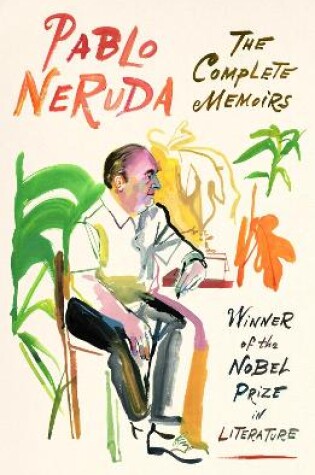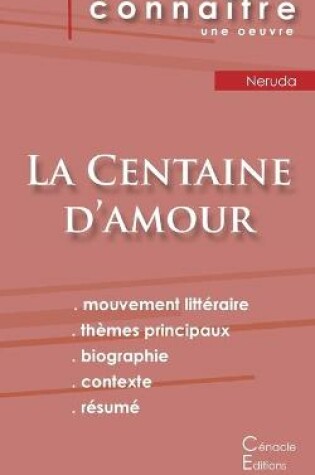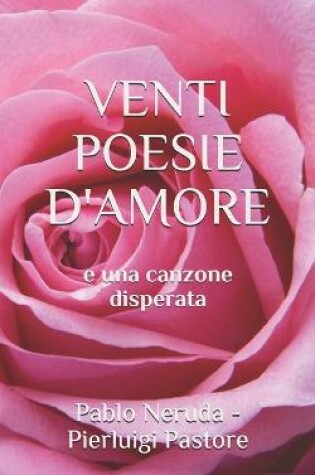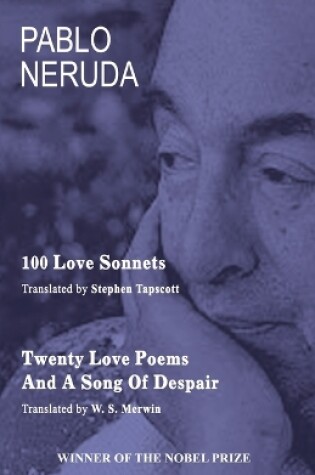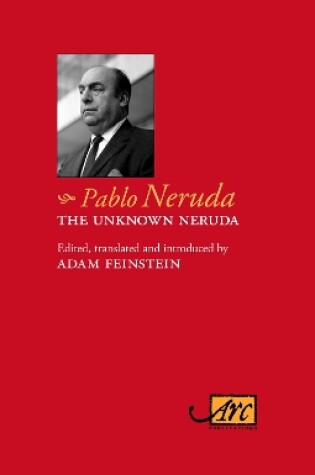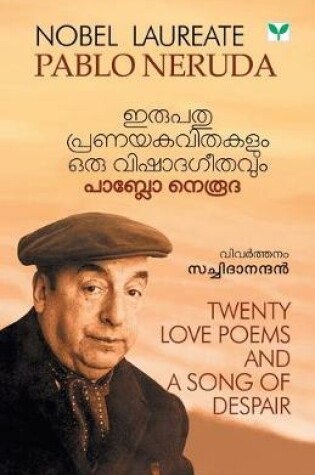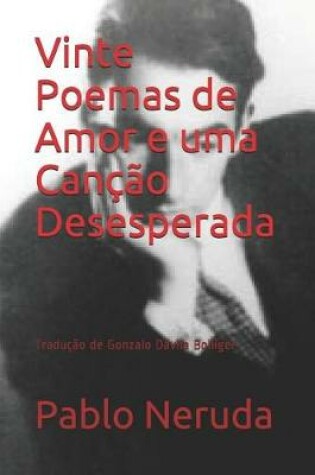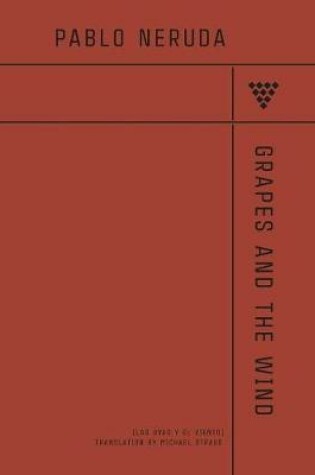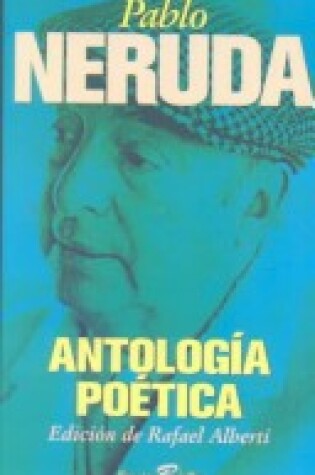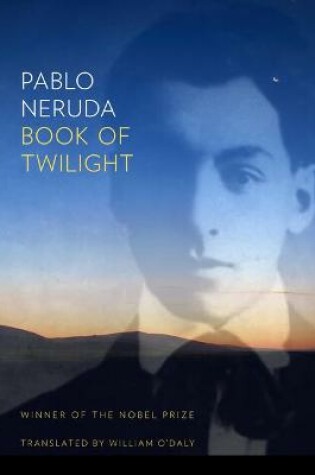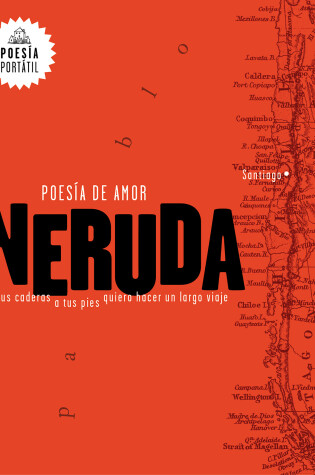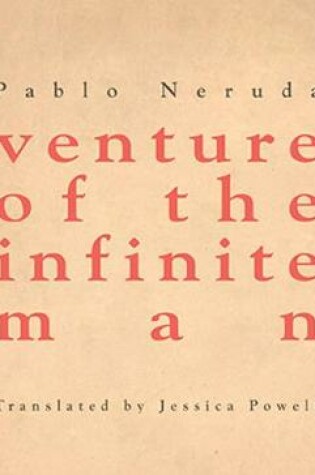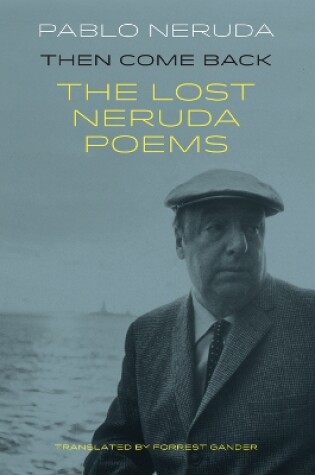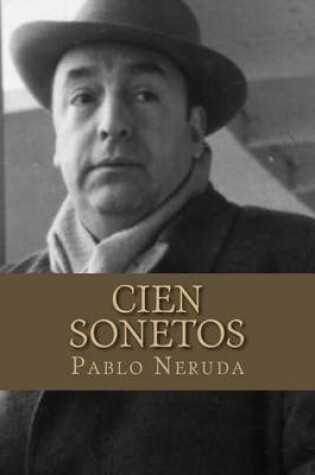Born Neftal-Ricardo Reyes Basoalto in southern Chile in 1904, Pablo Neruda led a life charged with poetic and political activity. His first book, Crepusculario ('Twilight') was published in 1923. The following year, he published Veinte poemas de amor y una cancion desesperada ('Twenty Love Poems and a Song of Despair'), which turned him into a celebrity.
In 1927 he began his long career as a diplomat, serving as Chilean consul in numerous places including Burma, Buenos Aires, Madrid, Mexico and France. He was elected to the Chilean Senate in 1943 but later expelled for being a Communist. In 1952 the government withdrew the order to arrest leftist writers and political figures, and Neruda returned to Chile. For the next twenty-one years, he continued a career that integrated private and public concerns and became known as the people's poet.
During this time, Neruda received numerous prestigious awards, including the International Peace Prize in 1950, the Lenin Peace Prize and the Stalin Peace Prize in 1953, and the Nobel Prize for Literature in 1971. He died of leukaemia in Santiago, Chile in 1973.
